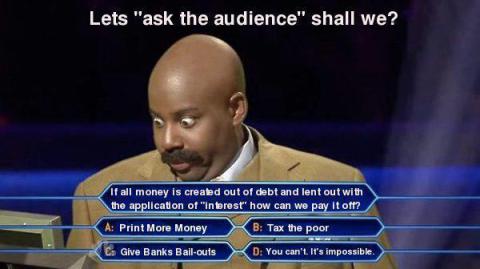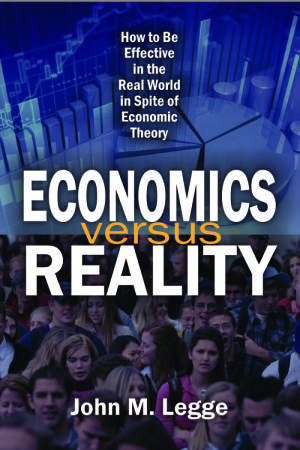This is the first time I’ve written anything here for years. But it occurs to me that the current pandemic highlights a failure in our economic system to deal with what’s important rather than what is profitable.
During a walk I took this morning, I was reflecting on a post I had seen (and cannot now find) on Facebook. I didn’t think I agreed with what had been said about how we should be responding to the coronavirus pandemic and was trying to think through why not.
This is the result of that thinking.
Firstly two questions:
1 How many acres of productive agricultural land has COVID 19 destroyed?
2 How many power stations has COVID 19 destroyed?
Which leads on to another question:
If we have all the agricultrual land we had before COVID 19 struck and if we have all the power stations, then why are people going hungry and cold?
Surely the problem is not about a lack of resources, because our ability to meet the basic needs of food and warmth have not changed – the problem is one of distribution.
Or put it another way, we don’t need to “open up our economies” and “get people back to work” to be able to feed and keep them warm.
Which makes me wonder whether there is something wrong with our economies in the first place. Surely our first priority at the present time should be to come up with ways to make sure that people are fed and kept warm and only later do we need to consider if we can send them out to work.
Yes, I accept that people need to get out, because being shut indoors all the time is difficult. And yes, people do need to work and make their own way in life, because that is part of being human. But they don’t necessarily have to do it NOW, during an exceptional period when meeting up carries unusual dangers either for ourselves, the people we meet, or loved ones that we go to back after meeting up.
Or put it another way, our focus should be on making sure that the things that need to work, do work. In other words that we can distribute food to those who need it – whether they can pay for it or not. And on making sure that the basics of life – keeping warm – are in place.
And on top of that we can probably do a lot to look after those struggling with being shut in – whether they are elderly or infirm or young with boisterous children or something else.
So the question is, does our economic system work well for us now? And if not should we look at it and consider a change to the system?




 Denicolò and Zanchettin, in an article published by the prestigious Economic Journal, claim to have shown among other things that “stronger patent protection may reduce innovation and growth.” As a…
Denicolò and Zanchettin, in an article published by the prestigious Economic Journal, claim to have shown among other things that “stronger patent protection may reduce innovation and growth.” As a…